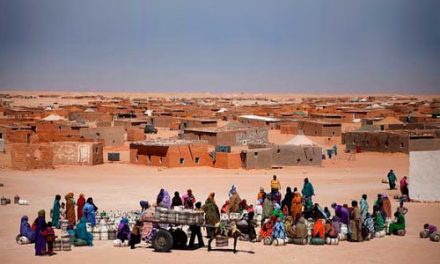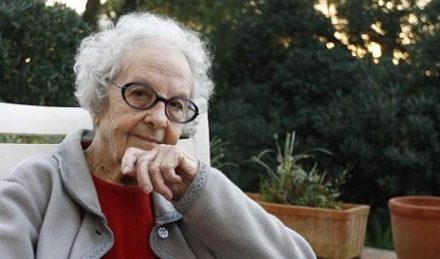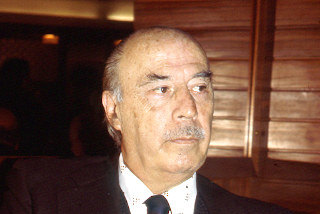 Josep Ignasi Saranyana, professor emeritus of the University of Navarra, corresponding academician of the Royal Academy of History and full academician of the Royal European Academy of Doctors-Barcelona 1914 (RAED), will present next Monday, April 1, at the Athenaeum of Barcelona, his latest work: “La teologia cristiana a la Modernitat” (The Christian Theology of Modernity) (Cossetània Edicions), a study based on primary sources where he studies the origins of modernity and its philosophical and theological development up to the threshold of the Enlightenment. The presentation will take place at 7:00 p.m. in the Sagarra room.
Josep Ignasi Saranyana, professor emeritus of the University of Navarra, corresponding academician of the Royal Academy of History and full academician of the Royal European Academy of Doctors-Barcelona 1914 (RAED), will present next Monday, April 1, at the Athenaeum of Barcelona, his latest work: “La teologia cristiana a la Modernitat” (The Christian Theology of Modernity) (Cossetània Edicions), a study based on primary sources where he studies the origins of modernity and its philosophical and theological development up to the threshold of the Enlightenment. The presentation will take place at 7:00 p.m. in the Sagarra room.
 The session will be attended by Josep Maria Olivé, director of the publishing house Cossetània Edicions; Salvador de Brocà, professor of Philosophy at the Rovira i Virgili University, member of the Philosophy Section of the Institute of Catalan Studies, full academician of the Royal European Academy of Doctors-Barcelona 1914 (RAED) and president of its Section of Human Sciences; Salvi Turró, professor of History of Philosophy at the University of Barcelona and also member of the Section of Philosophy and Social Sciences of the Institute of Catalan Studies, and Ramon Alcoberro, professor at the University of Girona and former coordinator of the Philosophy Section of the Athenaeum of Barcelona. All of them are specialists in the thought of the Baroque and the Enlightenment.
The session will be attended by Josep Maria Olivé, director of the publishing house Cossetània Edicions; Salvador de Brocà, professor of Philosophy at the Rovira i Virgili University, member of the Philosophy Section of the Institute of Catalan Studies, full academician of the Royal European Academy of Doctors-Barcelona 1914 (RAED) and president of its Section of Human Sciences; Salvi Turró, professor of History of Philosophy at the University of Barcelona and also member of the Section of Philosophy and Social Sciences of the Institute of Catalan Studies, and Ramon Alcoberro, professor at the University of Girona and former coordinator of the Philosophy Section of the Athenaeum of Barcelona. All of them are specialists in the thought of the Baroque and the Enlightenment.
Saranyana’s working hypothesis is that there are no sudden and structural changes in the history of thought, but rather a certain continuity, conditioned by the previous doctrinal currents, although not fatally decisive. There is always a need to save freedom, which is, in short, the great protagonist of History. In the coexistence of the intellectual movements emerge synergies and also oppositions, to which we must pay attention, far from any simplification.




